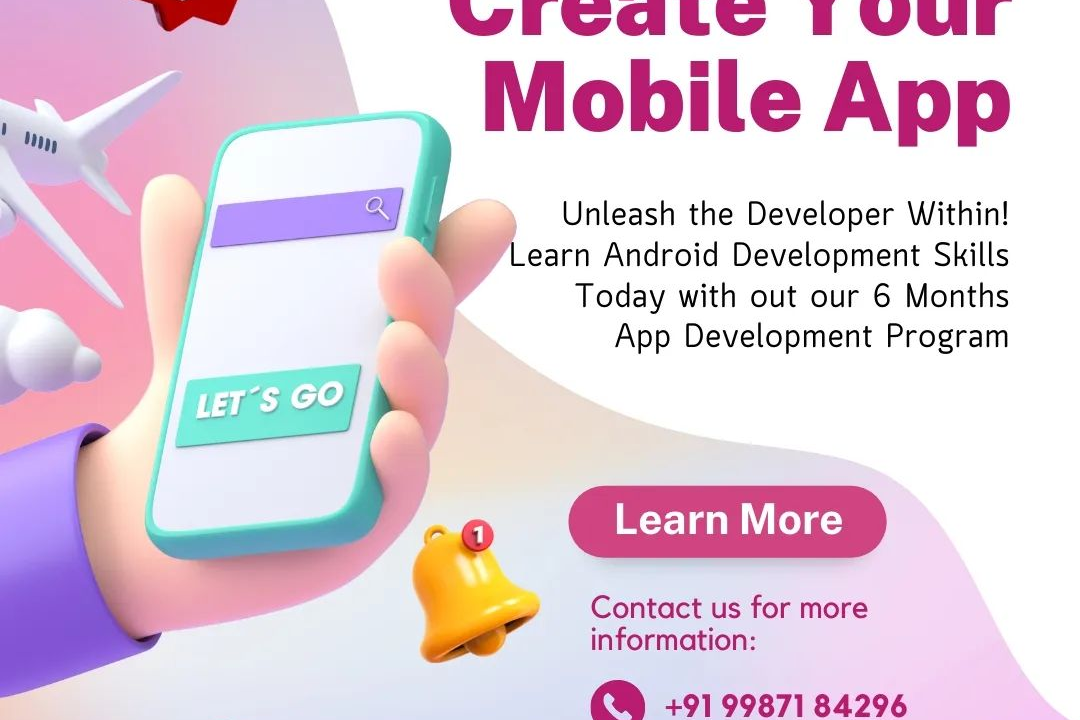Flutter Coding Resources For Educators
Essential Flutter Coding Resources for Educators
Flutter Coding Resources For Educators
Flutter offers a wealth of coding resources for educators looking to teach mobile app development effectively. The official Flutter documentation is comprehensive and user-friendly, providing clear guides, tutorials, and sample projects to help both educators and students understand the framework. Additionally, platforms like Udacity and Coursera offer structured courses that can complement classroom learning, while community resources like Flutter's GitHub repository and Stack Overflow provide ongoing support and real-world examples. Educators can also leverage YouTube channels and blogs dedicated to Flutter development, creating engaging learning experiences that combine theoretical knowledge with practical application. With its supportive ecosystem, Flutter facilitates a dynamic teaching environment that encourages creativity and innovation in app development.
To Download Our Brochure: https://www.justacademy.co/download-brochure-for-free
Message us for more information: +91 9987184296
1 - Official Flutter Documentation: The primary source of information for any Flutter developer. It includes comprehensive guides, API documentation, and sample applications to help educators understand the core concepts of Flutter.
2) Flutter YouTube Channel: A great platform for visual learners, featuring video tutorials and talk sessions from the Flutter team, experts, and community contributors. Perfect for teachers to show to their students.
3) Dart Language Resources: Since Flutter uses Dart, educators should familiarize themselves with Dart resources, including the Dart documentation and DartPad, an online editor to write and run Dart code.
4) Online Courses: Platforms such as Udemy, Coursera, and Pluralsight offer comprehensive courses on Flutter development. These can provide educators with structured learning paths to follow.
5) Flutter Community: Engaging with the Flutter community through forums and social media like Stack Overflow, Reddit, or the Flutter Community Slack channel can provide ongoing support and shared knowledge.
6) Books on Flutter: There are several excellent books that provide deep dives into Flutter, such as “Flutter for Beginners” and “Pragmatic Flutter” that can serve as study materials for educators and students alike.
7) CodeLabs: Google offers a series of self paced coding exercises (CodeLabs) that educators can utilize in their training programs, helping students to build practical apps using Flutter.
8) GitHub Repositories: Open source Flutter projects on GitHub can serve as practical examples for educators. They can analyze the code and encourage students to contribute or modify existing projects.
9) Flutter DevFest and Conferences: Attending events such as Flutter DevFest can give educators insights into the latest updates and best practices in the Flutter ecosystem, which they can then pass on to their students.
10) Community Blogs and Articles: Many developers share their experiences and tips in blogs or Medium articles, which educators can use to keep curriculum relevant and engaging.
11) Interactive Learning Platforms: Websites like Codecademy or freeCodeCamp offer interactive coding exercises where students can practice Flutter coding skills in an encouraging environment.
12) Flutter Widget Catalog: A dedicated catalog showcasing Flutter widgets to help educators demonstrate UI design and component reuse in their lessons.
13) Sample Projects and Templates: Educators can access repositories of sample applications and templates which provide starting points for students to create their own projects without needing to set everything up from scratch.
14) Local Meetups and Coding Bootcamps: Organizing or participating in local coding meetups can foster community learning and collaboration, providing students with networking opportunities and mentor guidance.
15) Assessment Tools and Quizzes: Incorporating tools that allow students to take quizzes and assessments can help educators gauge understanding and reinforce learning objectives.
16) Online Forums for Education: Platforms like Educators on GitHub or group discussions on educational technologies can provide specific tips and networking opportunities for educators teaching Flutter.
17) Podcasts and Webinars: Listening to educational podcasts or attending webinars on Flutter development can provide fresh insights and inspiration in teaching methodologies for educators.
By utilizing these resources, educators can effectively enhance their training programs for students interested in learning Flutter development.
Browse our course links : https://www.justacademy.co/all-courses
To Join our FREE DEMO Session: Click Here
Contact Us for more info:
how to become power bi developer
Difference between MySQL and MongoDB
Android Debugging Tools
Mobile App Deployment
pmp course











